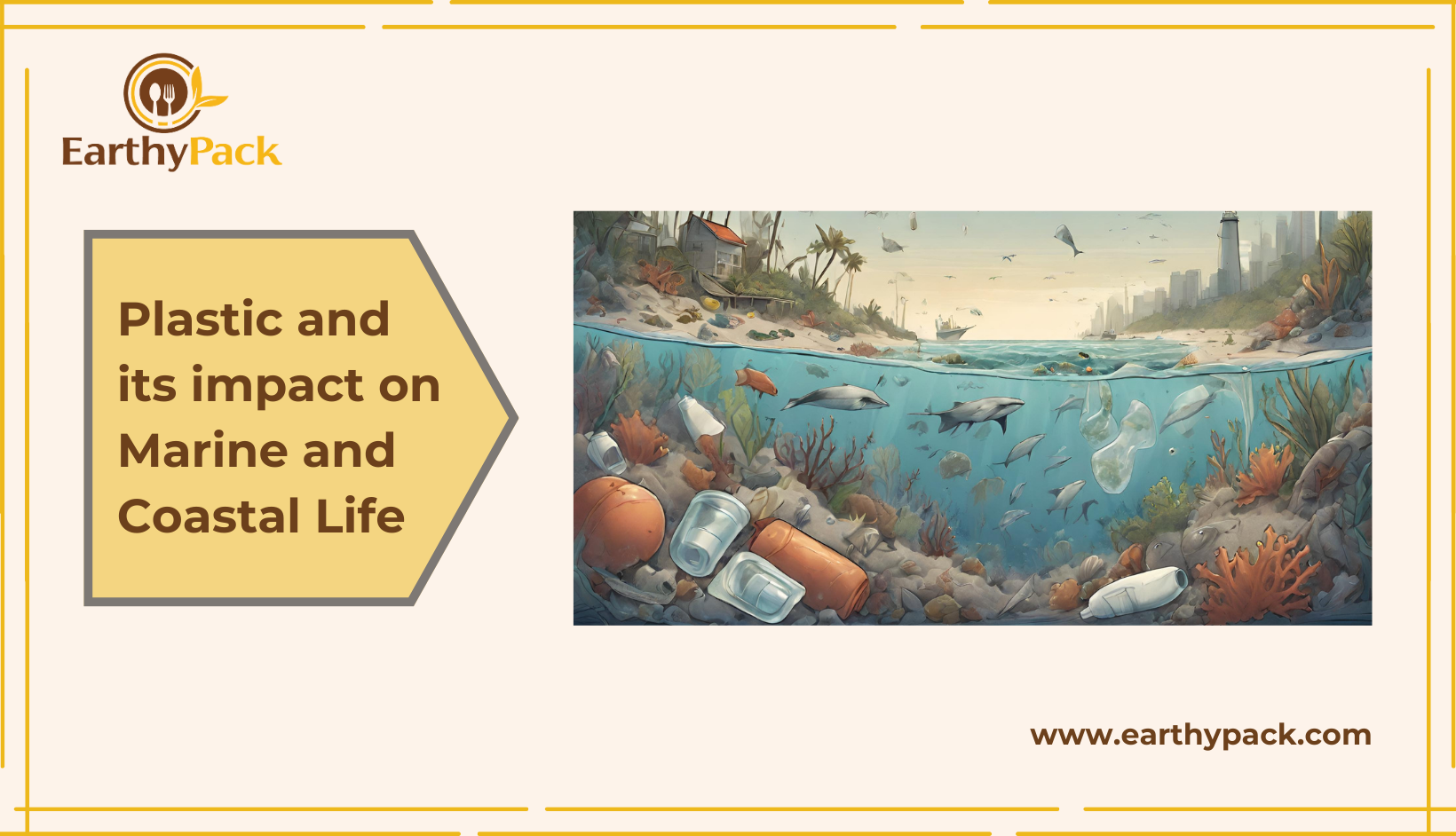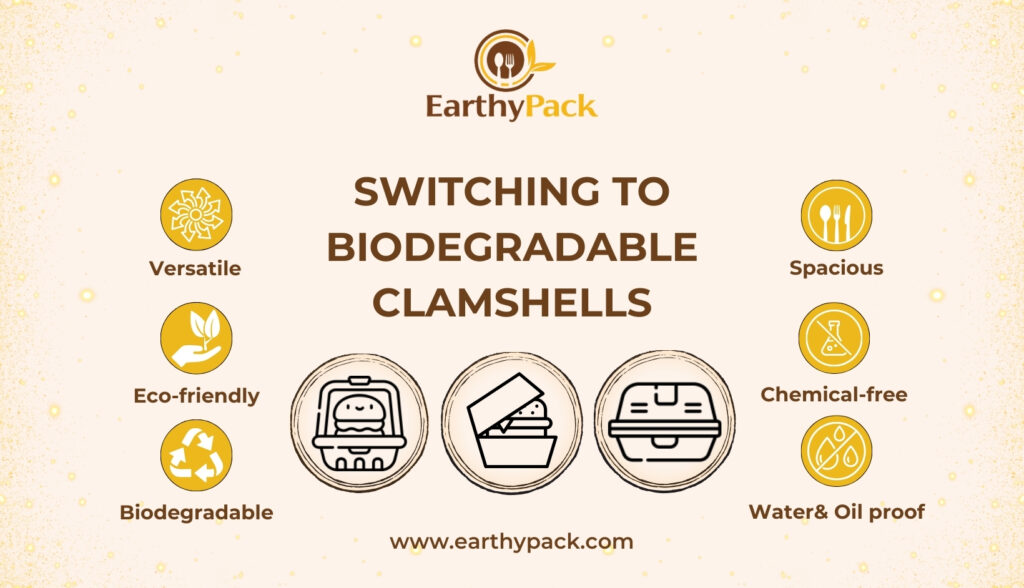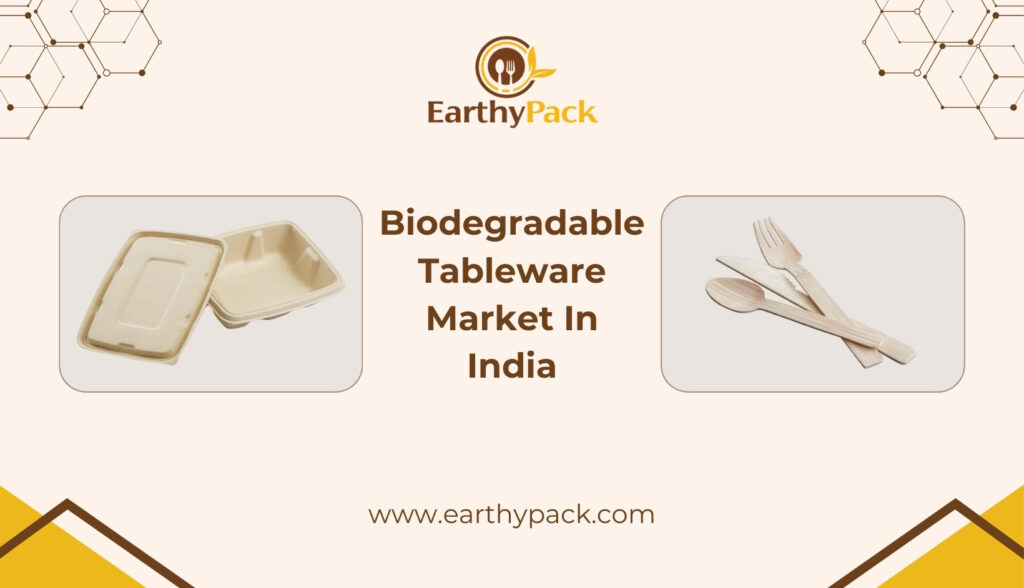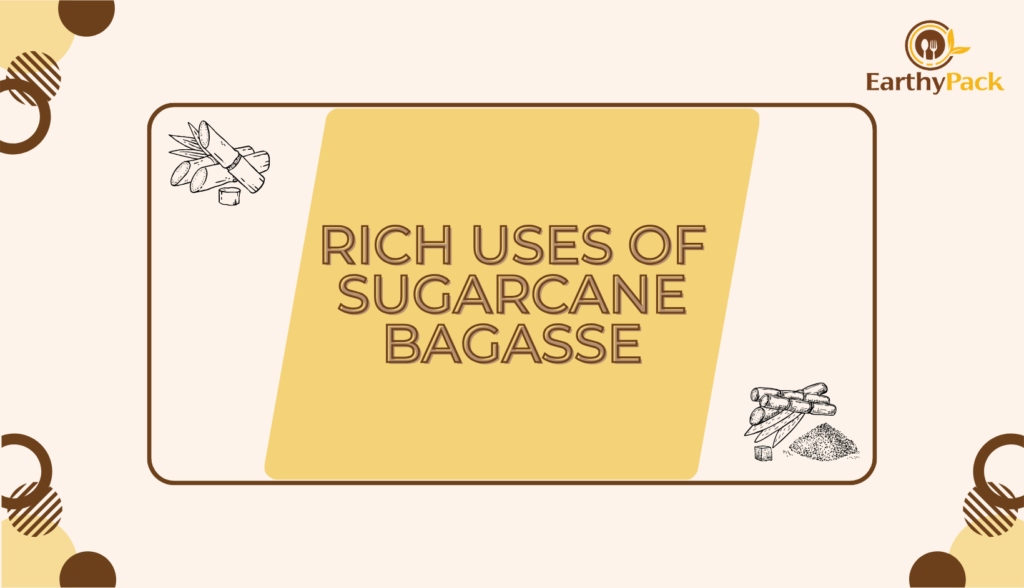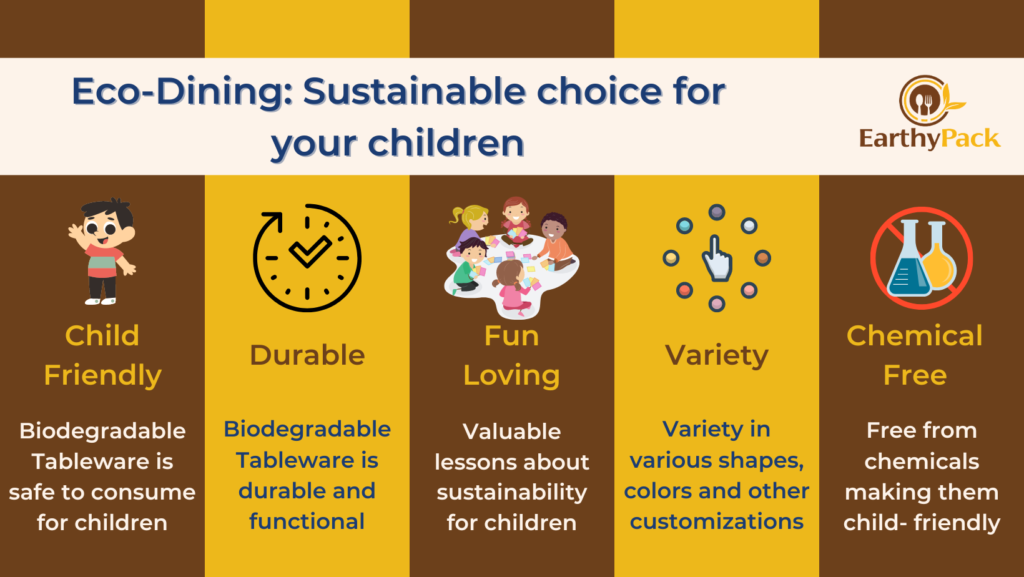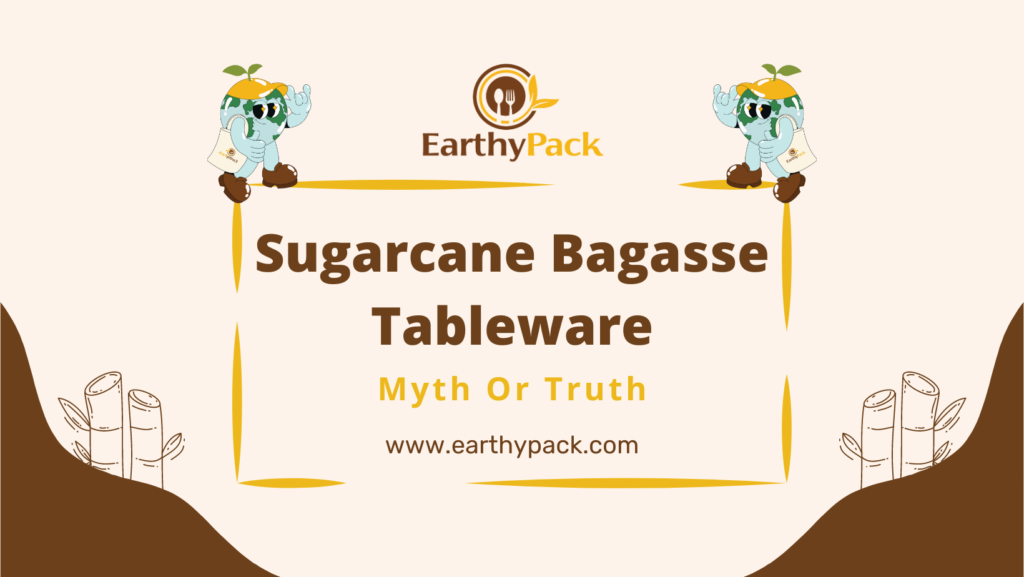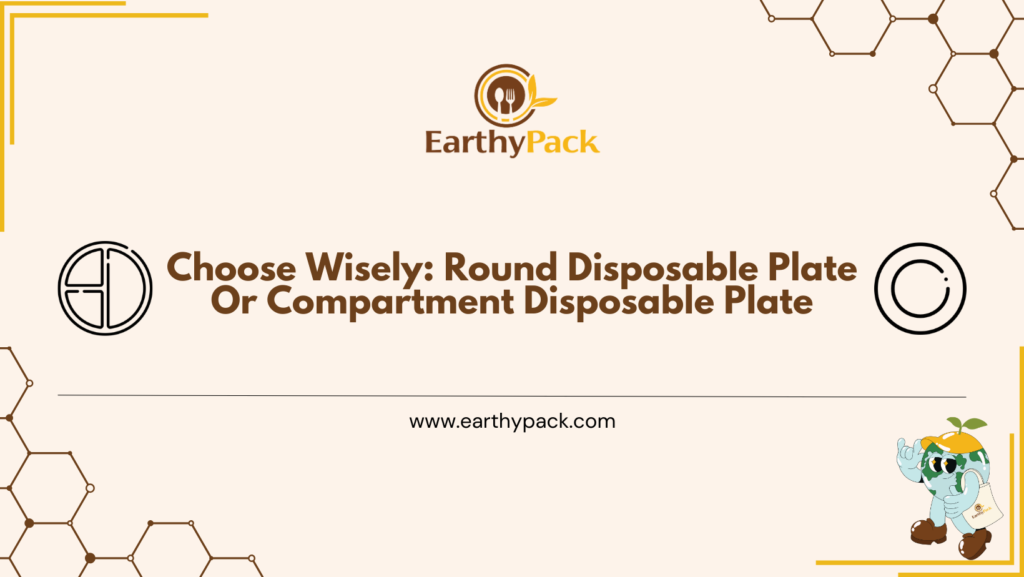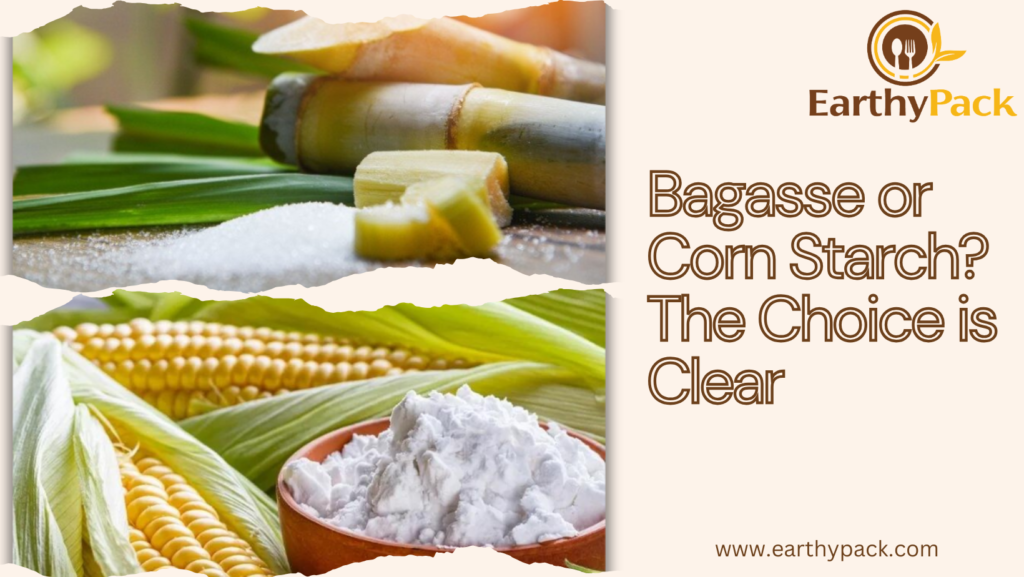Plastic pollution is a growing concern worldwide, with its impact on coastal marine ecosystems. From entangled sea turtles to unfiltered food chains, plastic is making marine life unhealthy and harmful.
Let’s delve into the impact of plastic on marine and coastal life and discuss what we can do to contribute to this challenging environmental issue.
The problem with plastic pollution:-
Plastic pollution is a deadly trap for countless marine animals in various ways.
- Entanglement: Marine animals like seabirds, turtles, etc., often become entangled in plastic debris which leads to injuries, suffocation, and even death.
- Ingestion: Marine animals mistake plastic for food, leading to ingestion. Plastic particles can clog their digestive systems.
- Disrupting Ecosystem: Plastic pollution can damage vital marine habitats like coral reefs, mangroves and seagrass beds. This disrupts ecosystems and diminishes biodiversity, impacting the survival of countless marine species.
- Chemical Pollution: Plastics leave toxic chemicals into the water, especially when they break down into microplastics. These chemicals can harm marine organisms and accumulate in the food chain, posing risks to human health as well.
- Microplastics: Tiny pieces of plastic called Microplastics are causing big problems. They block the digestive system and also soak up toxic chemicals, posing a double threat to marine life.
The number is increasing every year. Estimates suggest millions of tons of plastic end up in the ocean each year. Over 800 marine species are directly affected by plastic, with many facing a constant threat of entanglement or ingestion.
A ray of hope: Biodegradable Tableware
In the face of this plastic crisis, there’s a growing movement towards sustainable alternatives. Biodegradable tableware offers a glimmer of hope. Made from natural materials like plant fibers, these products break down into non-toxic components when decomposed, reducing the coastal and marine litter.
Q. How Biodegradable Tableware helps in improving marine life?
- Reduce Plastic Waste: Biodegradable Tableware helps reduce the plastic waste entering coastal and marine environments, mitigating the harm to marine life.
- Minimal Environmental Footprint: Unlike traditional plastic, biodegradable tableware decomposes quickly, minimizing pollution and habitat destruction.
- Sustainable: Made from renewable resources, they lessen dependence on fossil fuels used for traditional plastic production.
- Decompose: Marine animals will not get entangled into plastic debris as biodegradable tableware decomposes easily in the environment.
- Longer Life: Biodegradable Tableware do not affect the digestive system of marine animals, making them live longer.
Q. How can we help in improving marine life?
- Reduce the use of plastic: Avoid the use of single use plastic.
- Choose biodegradable alternatives: Opt for biodegradable tableware made of materials like Sugarcane Bagasse, Areca Palm Leaves, CornStarch, etc.
- Spread awareness: Through campaigns one can spread awareness about the danger of plastic pollution and encourage them to adopt sustainable practices.
Conclusion: Plastic pollution poses a significant threat to coastal and marine life. By making conscious choices and supporting sustainable solutions like opting for biodegradable tableware, we can contribute to protect marine ecosystems for future generations.
Let’s take action today to safeguard our oceans and the diverse life they support.

